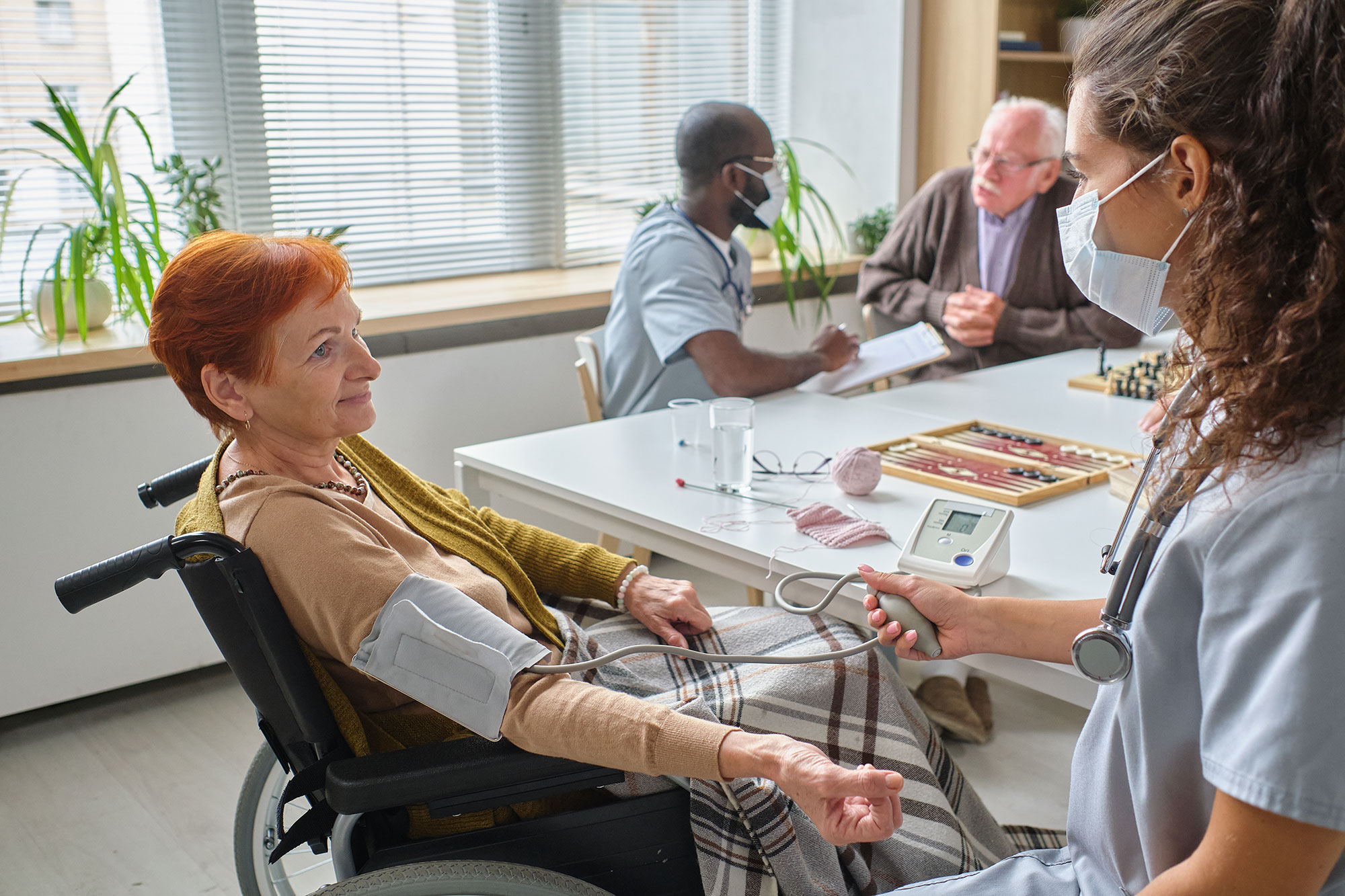As we age, our kidneys can become less efficient at filtering out waste and excess fluid from our blood. This can lead to a build-up of these waste products in the blood, which are harmful and can lead to kidney disease.

It’s estimated that one in 10 people in New Zealand have some form of kidney disease, and around 450,000 have it and don’t even realise it.
It is an extremely difficult disease to live with, and while it can affect all ages from new born babies to the elderly, it’s a particular concern for those in later life. This is because the risk of developing kidney disease increases with age.
Also, older people are more likely to have other health problems that can strain the kidneys, such as high blood pressure and diabetes.
This article will discuss some of the issues surrounding kidney health in the elderly, including treatment options.
Symptoms of kidney disease and kidney failure
The early stages of kidney disease often have no symptoms.
This is why it’s crucial to get your kidneys checked regularly, especially if you’re at risk of developing the condition or have a family history of kidney disease.
Some of the symptoms of kidney disease include:
- A change in how much you urinate
- Swelling in your ankles, feet or legs
- Fatigue and weakness
- Difficulty sleeping
- Headaches
- Loss of appetite
- Nausea and vomiting
- Itching
- Muscle cramps
- Kidney stones
If you experience any of these symptoms, it’s essential to see your doctor to get your kidneys checked regularly. This can be done with a simple blood test that measures your kidney function through ACR (Albumin to Creatinine Ration) and GFR (glomerular filtration rate).

How can you prevent kidney disease in the elderly?
While there’s no guaranteed way to prevent kidney disease, there are some steps you can take to reduce your risk. These include:
- Eating a healthy diet
- Exercising regularly
- Maintaining a healthy weight
- Maintaining a good blood pressure range
- Not smoking
- Keeping your blood pressure and diabetes under control
What are the treatments for kidney disease?
There are several treatment options available for those with kidney disease. The best option for you will depend on the severity of your condition. Some of them are:
1. Dialysis
Dialysis is a treatment that filters your blood to remove waste products and excess fluid. It’s usually only needed in cases of kidney failure and they can no longer do this effectively themselves.
There are two main types of dialysis:
Hemodialysis is done using a machine, and peritoneal dialysis is done using a particular fluid that’s passed into your abdomen through a thin tube.
Dialysis can either be done at a dialysis unit, in a hospital, or at home. It usually takes place three times a week, for around four hours.
2. Kidney transplant
A kidney transplant is an operation to replace your diseased or damaged kidneys with a healthy kidney from a donor.
Transplants are usually only an option for people who are otherwise healthy and have a willing donor.
The donor could be a family member, friend, or someone who’s registered as a tissue donor.
After a transplant, you’ll need to take immunosuppressive medication for the rest of your life to stop your body from rejecting the new kidney.
3. Conservative care
Conservative care is a type of treatment that aims to slow down the progression of kidney disease and help you manage your symptoms.
It usually involves making lifestyle changes, such as eating a healthy diet and exercising regularly. You may also need medication to control your blood pressure and/or diabetes.

In conclusion
If you have kidney disease, it’s essential to see your doctor or kidney specialist regularly so that your condition can be monitored and you can receive the appropriate treatment.
Kidney disease is a severe condition that can profoundly impact your life.
If you’re elderly, it’s essential to be aware of kidney health issues and take steps to reduce your risk.
If you do have kidney disease, there are several treatment options available, so speak to your doctor about what’s best for you.









